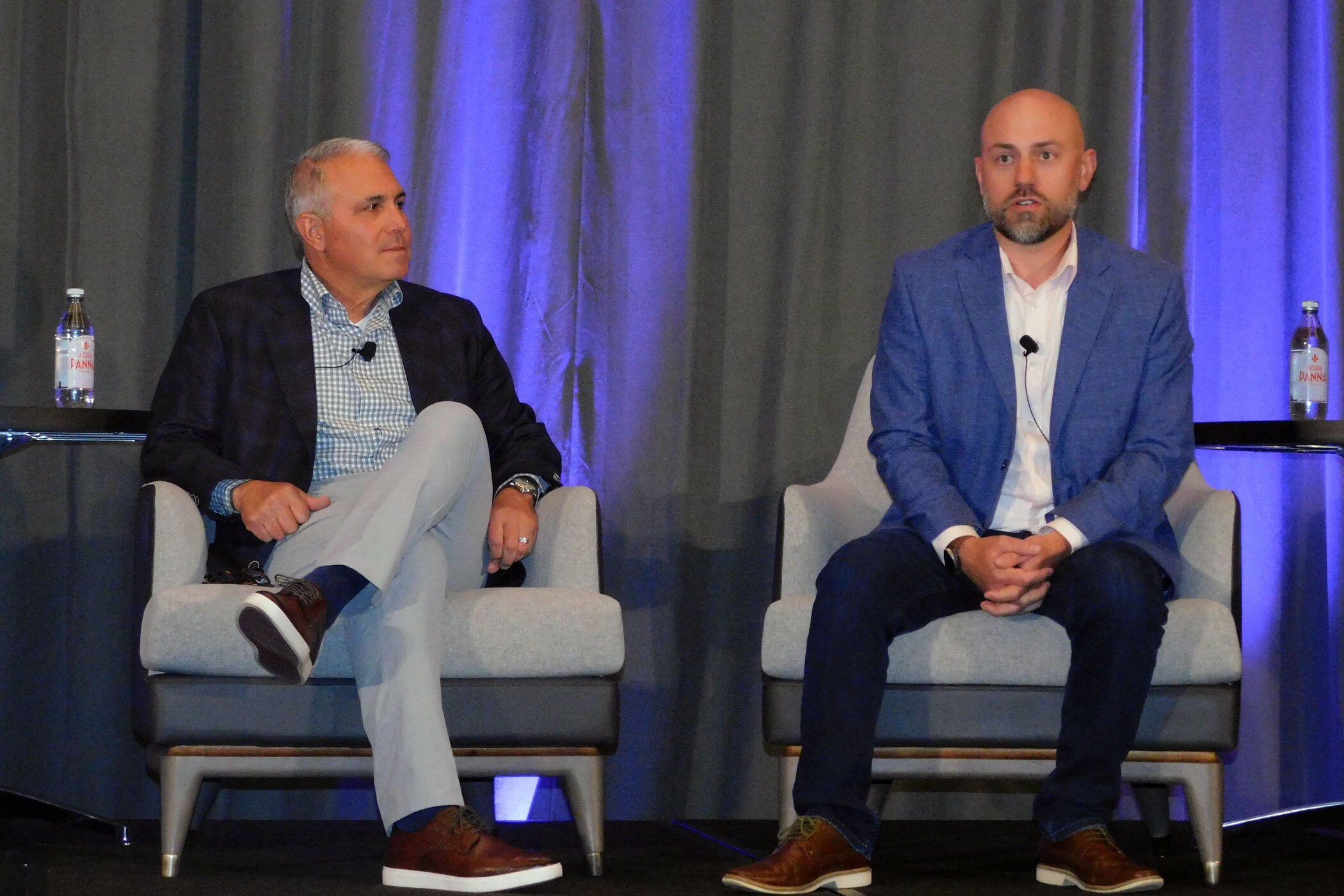TEMPE, Arizona — Travelers want unique experiences, but investing in those experiences can lead to complicated calculations on return on investment.
Speaking at the "Experiential Development" session during the ALIS Summer Update session in Greater Phoenix, Tiffany Donato, chief investment officer for Marcus Hotels & Resorts, said local and unique experiences are more important than ever to drive a booking for a property, but tracking the ROI on them is difficult.
"When we hear about why people are booking, as much as you have to get the room right, it's got to be clean and the food's got to be good — all of those things if you miss, they're a big miss — but they're often not the things people talk about when they talk about booking in this space," she said.
"They're talking about the s'mores they got to make, or the things they got to do. Those little pieces and touches that are so local and so specific. The challenge is we want an ROI to all of that, as well. It's easy to talk about your ROI per square foot that you're allocating to things, but those experiences are reflected in [revenue per available room]. You may not be charging directly for that experience."
Eric Jacobs, chief global growth officer for Aimbridge Hospitality, also noted that as the experiences grow more expansive, the overall cost-structure of running a property changes. Many experience-driven resorts are in rural, remote areas, which is a major barrier for staffing the property and might require an employer to provide — or even build — employee housing.
"We have some properties in the Crested Butte [Colorado] area, and the labor market is so constrained I think the town is being run by 15-year-olds," he said. "That's the local labor force because nobody else can afford to live there."

He pointed to the AutoCamp glamping brand as an example of a hospitality brand that's done a "very nice job developing these experiences out in nature" but noted "they're very expensive projects" in large part because of staffing barriers.
Nate Philippsen, senior vice president of sales and marketing for Sun Communities, said another major consideration for remote, experience-driven resorts is the access — or lack there of — of existing infrastructure and utilities. Sun Communities is a real estate investment trust that has hospitality properties focusing on marinas and RV communities, along with manufactured home communities.
"It's incredibly challenging when you're as far out as that," he said. "We're basically our own utilities companies most of the time."
He said it's a celebration whenever a property can connect to existing city utilities.
Philippsen also noted that as properties offer more and more experiences, there are greater needs for technology and marketing to let guests and prospects know what's happening at any given time.
He said they've made significant aspects in their brand app, on guests requests, to help them better track events and experiences on property before and during the stay.
"You can search by all of our properties with all these different amenities or activations," he said. "We have thousands of activities and events going on, from wine tasting to tie dying to concerts and so on. We're close to maybe just under 20,000 activities or events that happen every month across the portfolio, so we've built this platform where you can go and search by activity and see what's happening in this region or this brand or this location and determine if you want to stay."
Still, panelists stressed it's worth it to deliver elevated experiences for guests and to keep your finger on the pulse of what guests are looking for in terms of an on-property experience.
Brian Zelman, vice president of development for Omni Hotels & Resorts, said his company has sunk a lot of time and resources into figuring out how to better approach golf on property, and has found some ways to make it more realistic for guests to buy golf packages.
"We're trying to make it more approachable," he said. "We've got massive putting greens where we can do different events. We've added a short course that is lit up at night in Frisco [Texas]. We have a short course we built in Amelia Island. It takes a four-hour round down to one hour and you can play with six or seven people while you're barefoot and you can carry a drink with you."
In terms of gauging ROI, Zelman noted there are some things that are easy to quantify and others that aren't.
"Sometimes we get laughed out of the room when we're talking about the halo effect in our meetings, but there is a halo effect" for experiences, he said. "We've got a property down in Orlando and we just added a Top Golf facility with hitting bays, and it's been a total game changer from a group standpoint."
Donato said Marcus is also investing in short courses, and that's broadening the demand for golf.
"Part of that is people have changed the way they want to play golf," she said. "They want to play nine holes. And it's not just kids. It's grandparents and everyone in between."
